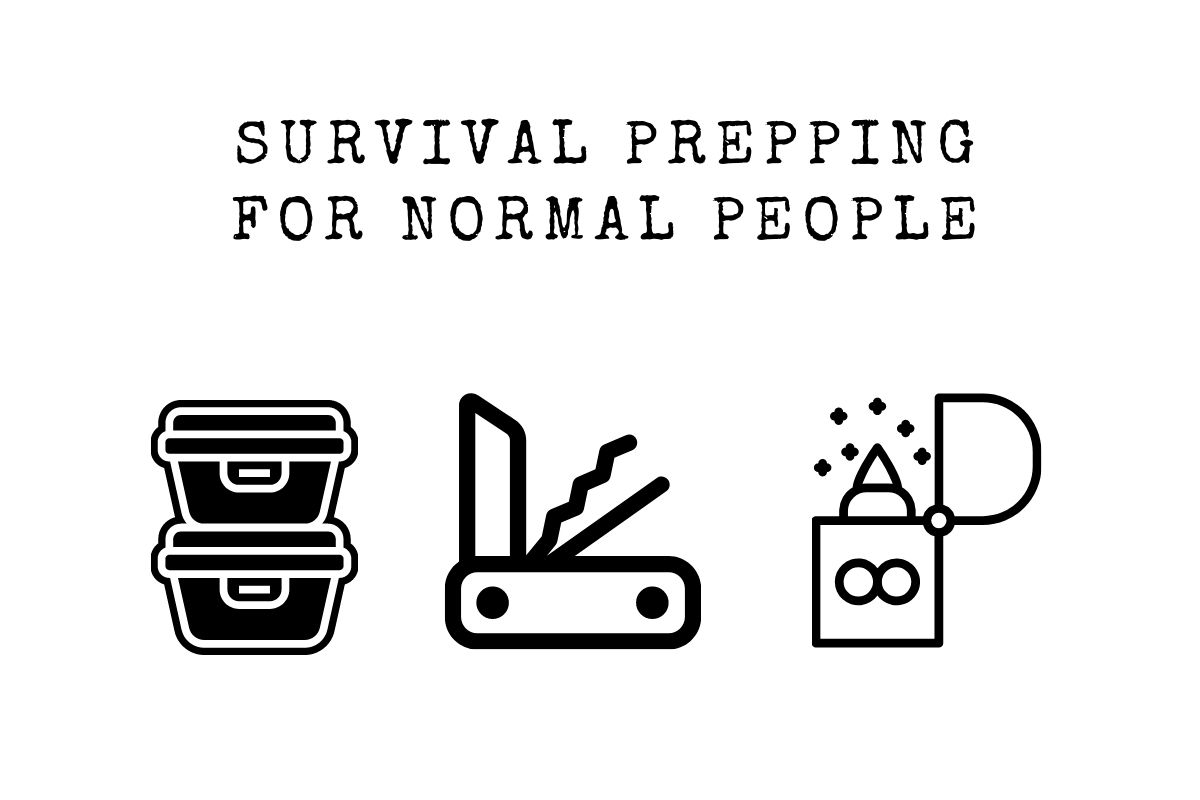Ask people around you if they are prepared for survival mode, and most of them will laugh, saying there is no need for that. But considering all the unpredictable things happening around, it is better to be prepared for the worst. There can be earthquakes, cyclones, floods, or even sudden wars. So, people should be ready to survive in such situations.
You will need to manage basic survival needs such as food, water, medical, hygiene, power, and other essentials. In extreme cases, you may have to leave your location. Thus, you also have to prepare a BOB (Bug out Bag) carrying your essentials.
In this article, I will provide a checklist for survival prepping for normal people. From food to medical needs, this guide will cover all the essentials to survive during emergencies.
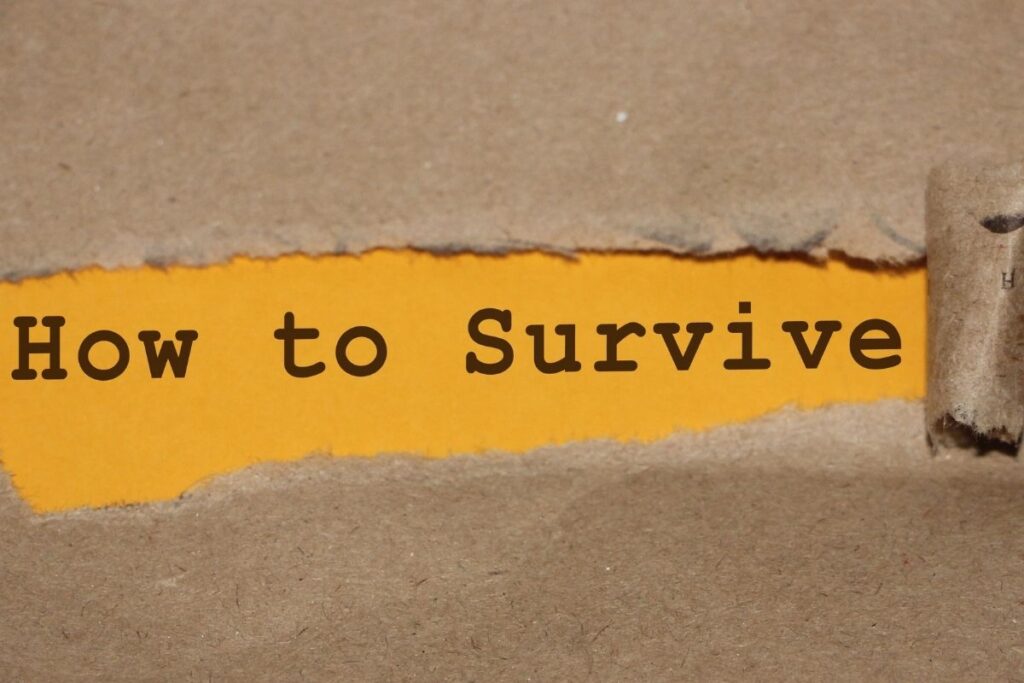
Survival Prepping for Normal People
In this guide, I have included all the basic things you will need to survive for weeks. Yes, different people have different needs. However, during emergencies, you should stick to only the essentials.
So, here is how you can prepare for survival without overwhelming yourself.
Food
Food and water is the most important thing to consider for survival preps. You should store at least one month’s worth of food for your family members. Depending on the situation, you may not have access to electricity. So, your refrigerator will not help you store food for a long time.
Therefore, you must store foods that last weeks or months at room temperature. Here are some items to stock for any situation:
- Pasta and Rice: Both are easy to cook and go well with other foods. They are great for carbohydrates.
- Whole-wheat Crackers: Crackers can be a replacement for bread. The extra fiber in them can provide lots of energy.
- Salt and Sugar: Salt and sugar are essential to make your food tasty. Besides, they provide electrolytes.
- Canned Food: Canned foods have a long shelf-life. Stock up canned tuna, salmon, chicken, or turkey for your protein needs. You can also store canned veggies and fruits.
- Other Items: Other essential food items with long shelf-life are dried fruits and nuts, oats, honey, butter, flour and wheat, and dry cereal or granola.
Water
Managing water during an emergency is crucial. Do not buy gallons of water and store them for use. It will be a waste of money and resources. Instead, invest in water storage tanks, filters, purifiers.
You can have a water storage tank to store water and a water filter to purify impure water. If you are packing a bag to leave, buy a portable water filter. Besides, stock some water-purifying straws or tablets to have pure water during an emergency.

Medical and Personal Hygiene
Next, think about your medical needs and personal hygiene. First, make sure you have a supply of the medications for any complications you or your family members have. Also, staying germ-free is important because you have to stay healthy in a critical situation. So, get some hygiene products in your stock.
Here are the things you will need for survival:
- Band-Aids and Bandages
- Hydrogen peroxide
- Sanitizers
- Soaps
- Toilet papers
- Toothpaste
- Insect repellants
- Nail cutter
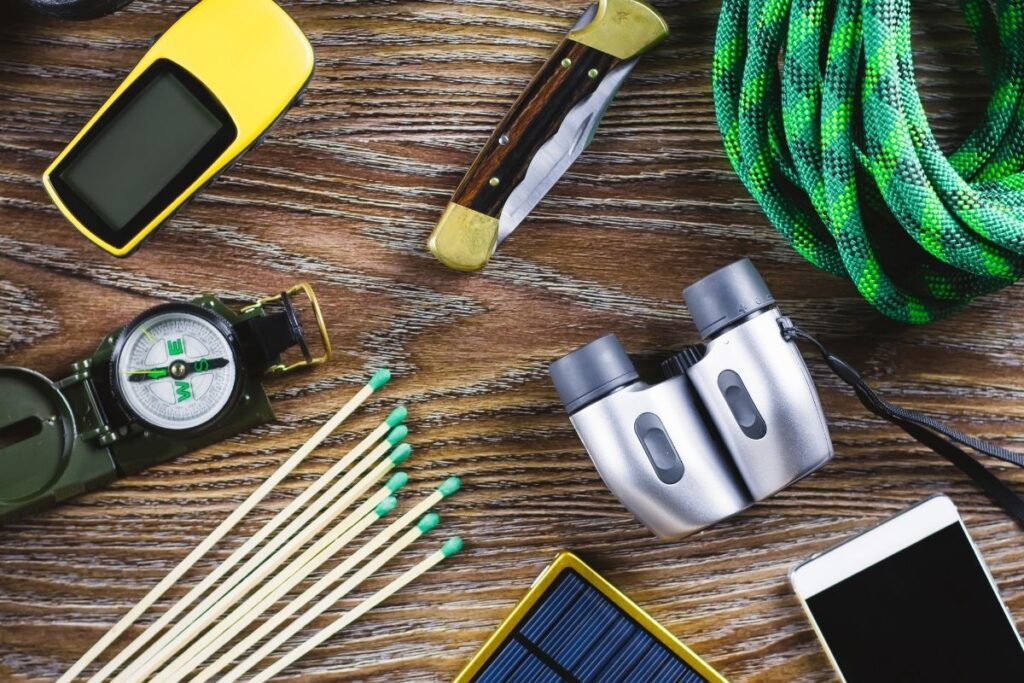
Tools and Gear
The right gear and tools can help you survive even the most dangerous situations. In addition to the things mentioned above, you must keep some tools for survival prepping.
Here is the list of things you need:
- Multi-tool
- Knife
- Ax
- Hand Saw
- Hatchet
- Scissors
- Duct tape
- Matches
- Flint
- Flashlight
- Compass
- Masks (N95 masks)
- Tent
- A weapon to protect you (Guns or ammunitions if necessary)
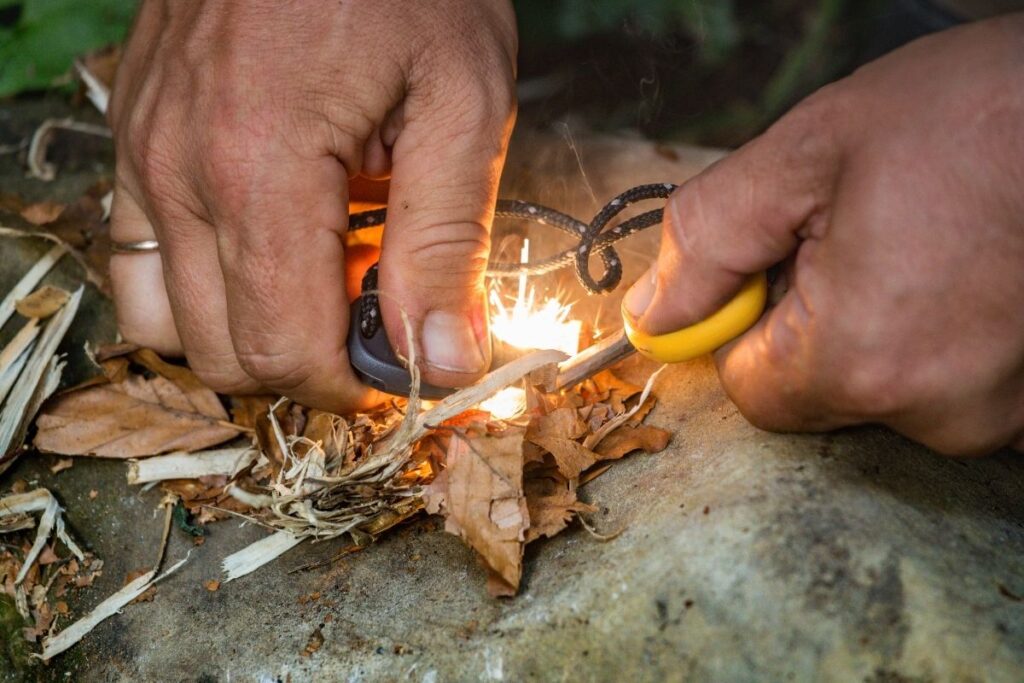
Power and Heat
Your area can be hit by a cyclone, flood, or earthquake. Depending on the severity of the situation, you may not have any electricity. Thus, have alternative sources of power and heat. It is even more necessary for disasters during winter.
There are a few options you can consider. These are:
- Solar Power: in recent years, the solar power industry has developed a lot. You can get a solar power kit to get energy from sunlight. A decent solar kit can provide energy for lighting and heating houses as well as power your vehicles and devices.
- Solar Cooker/oven: There are high-quality solar cookers and ovens available in the market. So, you can cook without electricity or gas.
- Extra Fuels: Like electricity, a fuel crisis can arise during emergencies. You should store some gas cans or cylinders in a safe place in your house. Also, stock some dry wood if you can.
- Batteries: Always keep extra batteries for your devices and equipment. Rechargeable batteries can save some space and money.
- Generator: Generators can be used if you seriously need them. Otherwise, avoid using one. Generators require a considerable amount of fuel.
- Power inverters and adapters: You may have to convert power from DC to AC or AC to DC. So, get a power inverter.
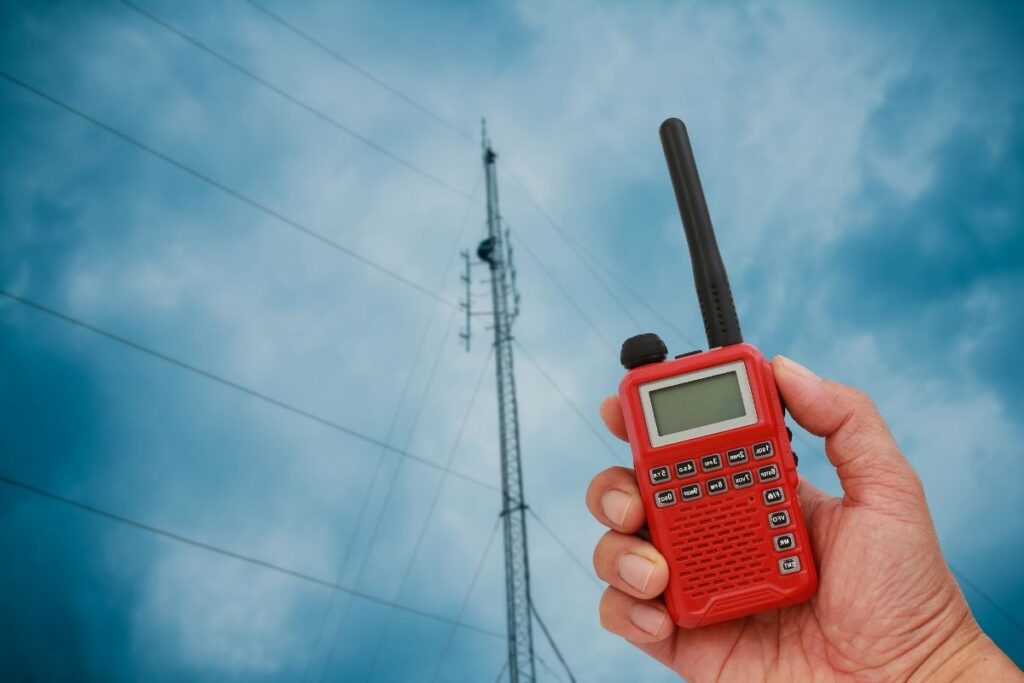
Communication System
During serious natural disasters, like cyclones, earthquakes, or floods, you may get isolated from others. So, arrange a communication system so that you can contact others for help. Yes, you have modern communication devices. But, without electricity or a network, your mobile phone and telephone are useless.
Therefore, you better keep HAM radio for survival prep. When nothing works, a HAM radio will surely help you communicate with other survivors. Besides, have backup batteries or extra mobiles for emergencies.
Other Necessary Things
Apart from the things mentioned above, there are some more essentials you need to pack. People can have some personal items that may help them get comfortable in a crisis. Here are other things necessary for survival prep:
- Fire extinguishers
- Sleeping bags and blankets
- Toilet paper
- Whistle
- Plastic sheeting
- Local maps
- Infant formula, bottles, diapers, wipes, and diaper rash cream
- Pet food and extra water for your pet
- Books, games, puzzles, or other activities for children
- Pen and paper
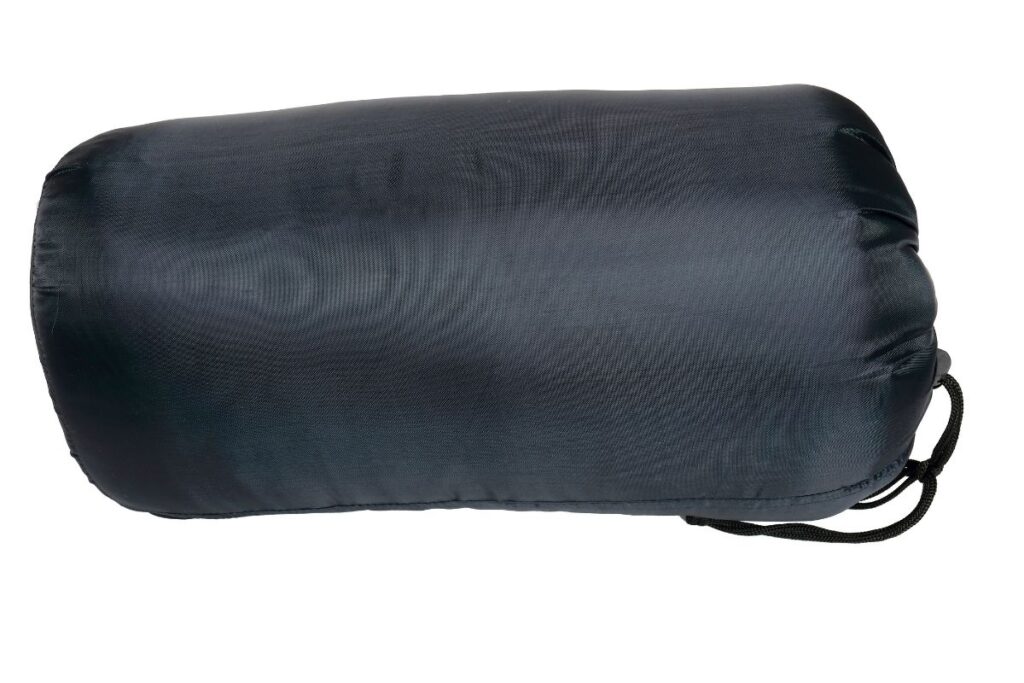
Hone Your Survival Skills
Just the essential things and tools are not enough to survive in a crisis. You and the people with you need to learn basic survival skills to fit in with the condition. You may already know some skills. However, you can practice them to master them properly.
The skills people should know are:
- Cooking and preserving food
- Making fire with or without modern tools
- Sewing and mending clothing
- Building simple structures
- Repair devices and equipment
- Changing tires and common vehicle repairing skills
- Gardening
- Hiking and camping
- Fishing
- Gain Herbal knowledge
- CPR
- Using a gun or weapon for self-defense or hunting
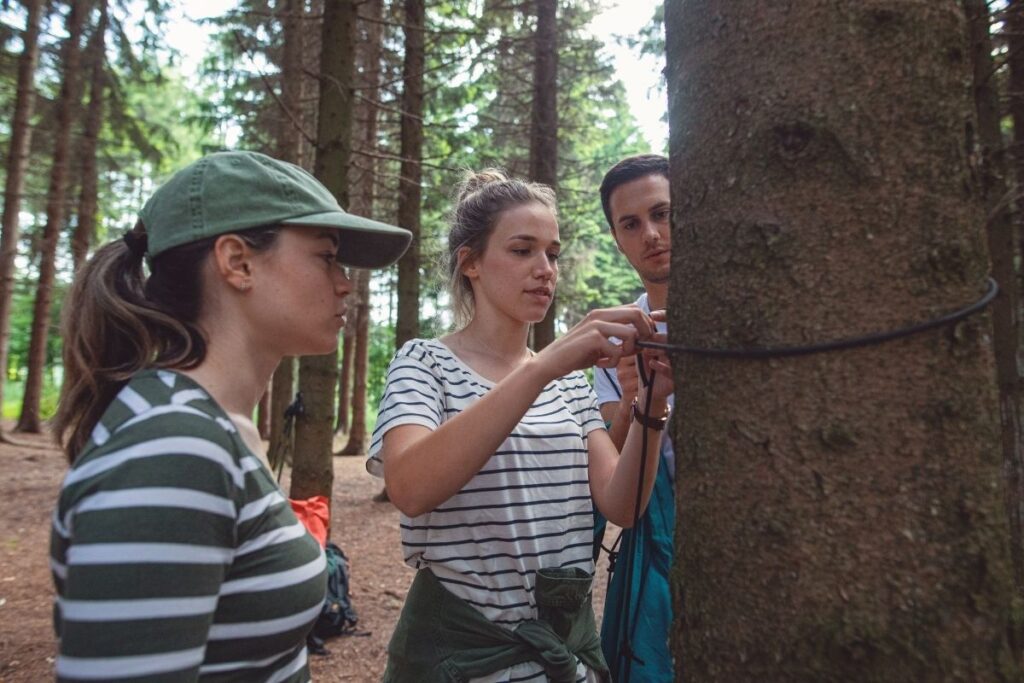
Some More Tips on Survival Prep
Since normal people are not used to survival prepping, they may get overwhelmed about what to get, and what not to. You can follow the checklist mentioned above to make sure you stored the necessities for survival. Here are some more tips that can help you prepare:
- Do not panic. Remember, others are also facing the same situation. So, it is crucial to keep your head cool since your family members may depend on your help.
- Think realistically when you are prepping for survival. Store only the essential things considering your budget and space. Also, do not overstock because other people will need things too.
- Be prepared to move from your shelter anytime. Learn some skills to adapt to a new environment.
- Besides, storing supplies at your home, prepare a bug-out bag as you may suddenly leave your place for a safer location. On the way, you need to sustain yourself.
- Learn basic survival skills whenever you have some free time. Do not wait for an actual survival situation to happen. By then, you may not have the time to learn things.
Conclusion
So, these are the most important thing you need to know about survival prepping for normal people. As you can see, survival preps are not rocket science. Just make sure you have the basic things and mastered some essential survival skills.
Life is unpredictable. So, it is always better to have preparations for the worst situation.

